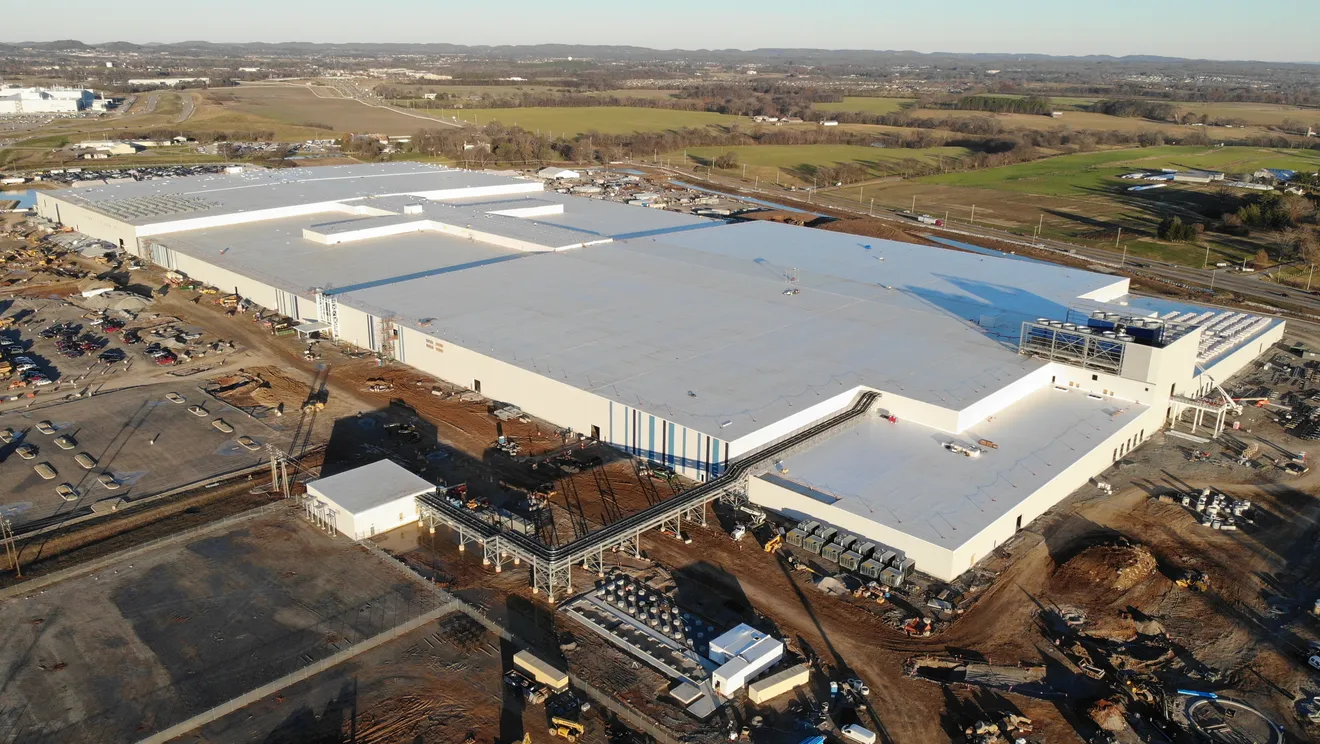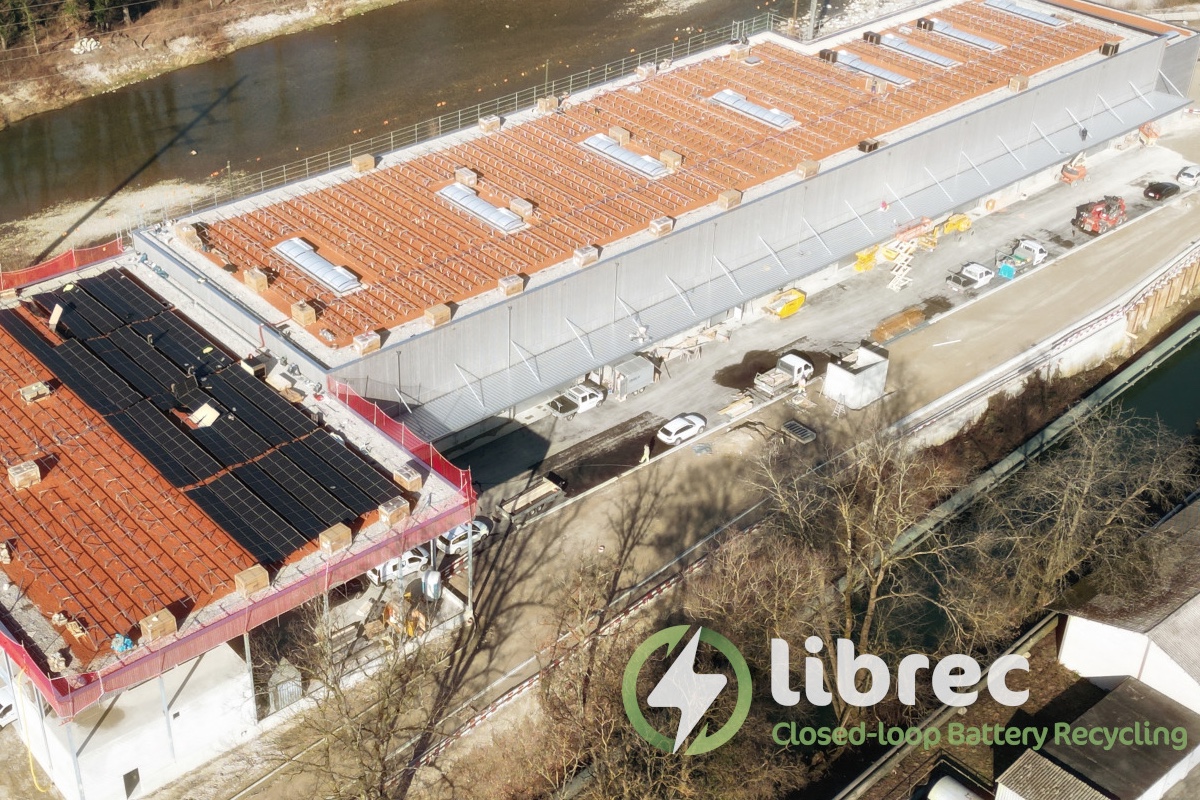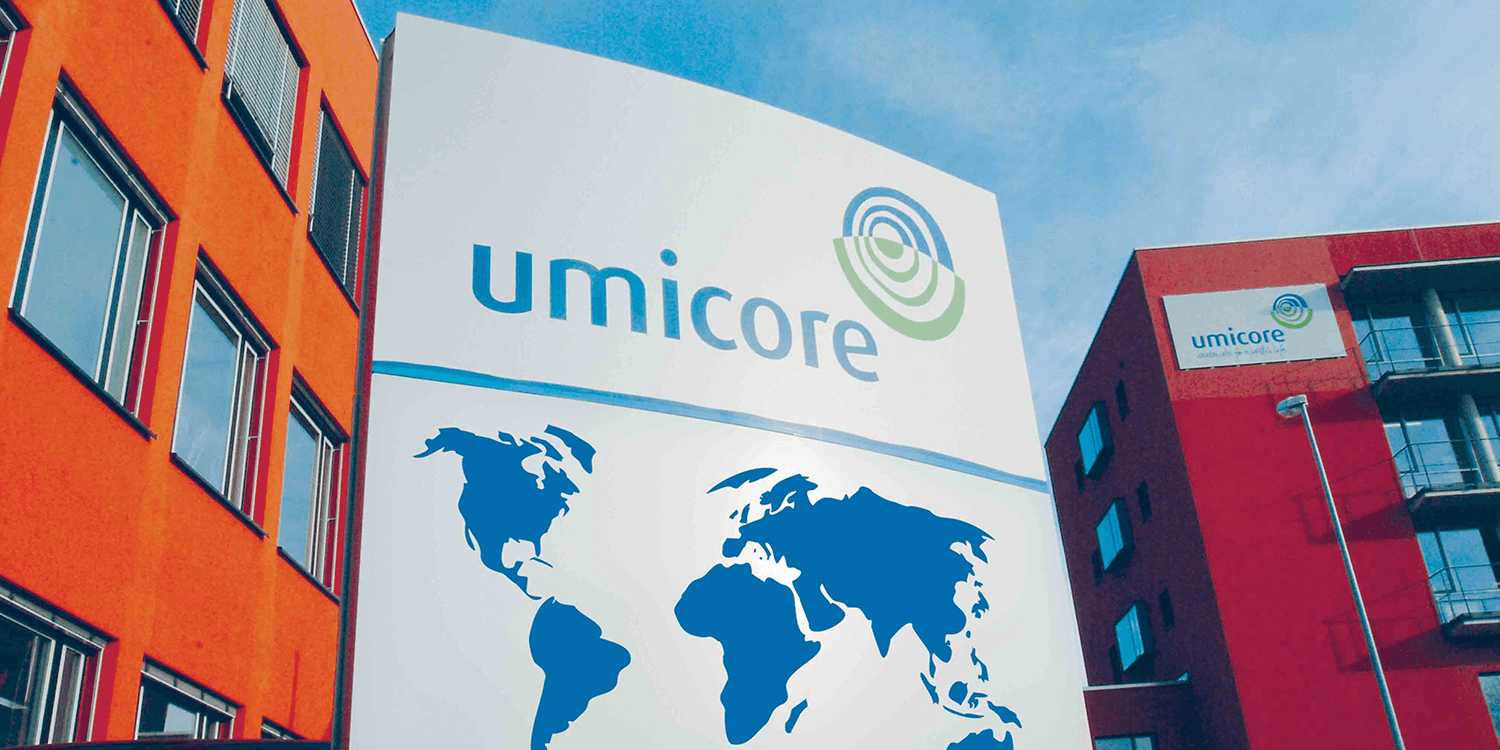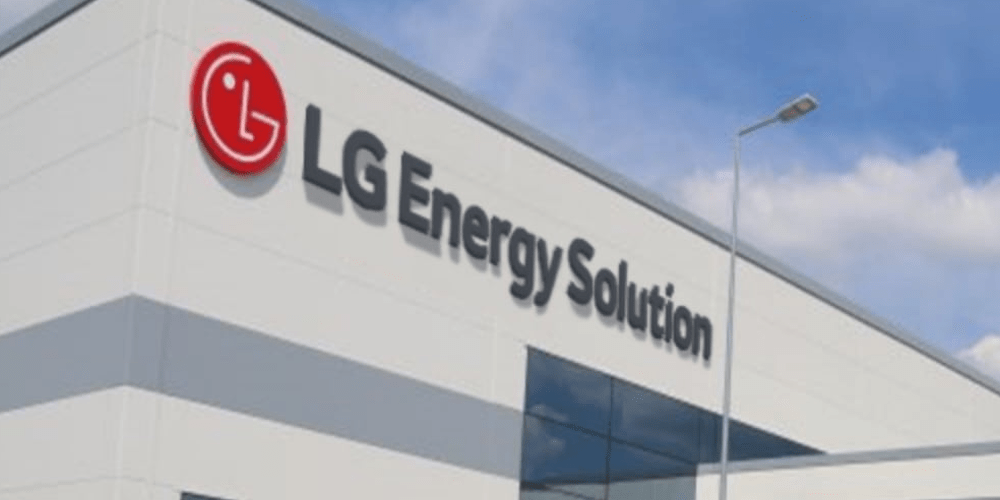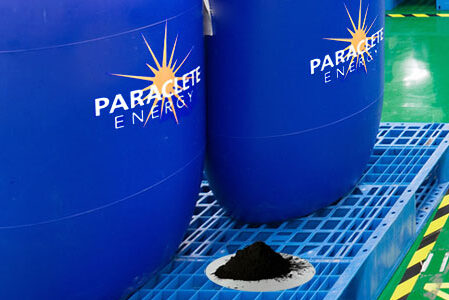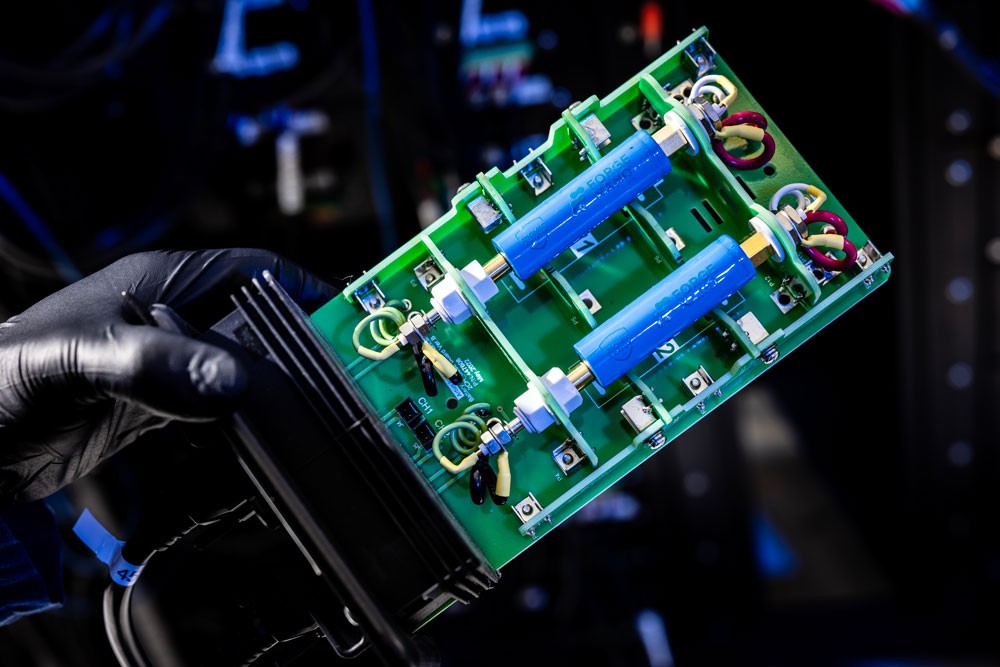LG Energy Solution (LGES) and General Motors (GM) have decided to decelerate the construction of their joint battery plant in Michigan, originally slated for a $7 billion investment.
Formed in 2022, the joint venture aimed to develop a facility capable of producing Ultium cells for electric vehicles (EVs) and electric pickup trucks. The plant was projected to commence production in early 2025, with plans for five assembly lines. However, only two lines have been equipped to date, with progress on the remaining lines temporarily halted.
LG Energy Solution confirmed to Bloomberg that it is “adjusting the speed of overall investment” and “seeking ways for the flexible operation” of its facilities. The company clarified that construction of the Michigan plant will continue, though at a revised pace.
The slowdown in the Michigan project comes amid broader shifts in the U.S. automotive landscape, including potential policy changes under a Trump-led administration. Former President Trump has indicated plans to end President Joe Biden’s EV mandate, prompting companies like Hyundai to adjust their strategies. Hyundai, for example, is expanding its hybrid lineup in anticipation of changing U.S. EV policies.
Despite these challenges, LGES and GM have seen success with their Ultium Cells Plant 2 in Tennessee, which also aims for a production capacity of 50 GWh. In June 2024, Kim Young-deuk, the plant’s head, reported that the facility achieved a production yield of over 90% within its first month of operation.

